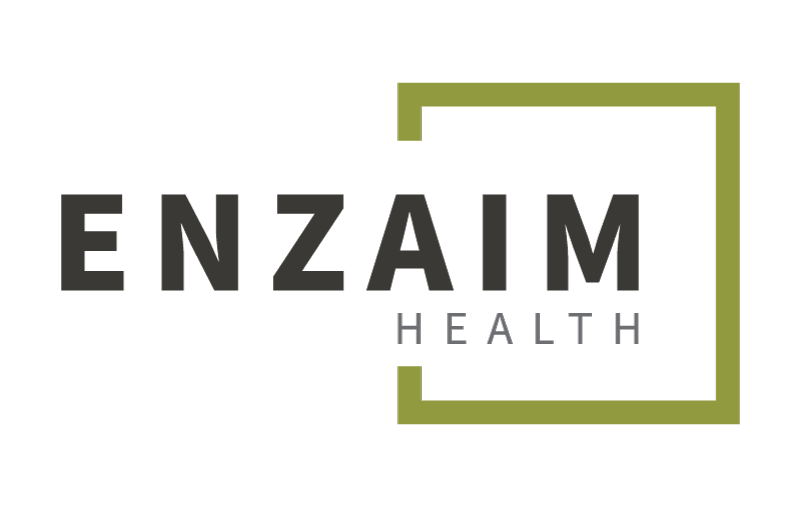
헬스케어 이슈를 글로벌 시각으로 바라보는 'Health Zoom In(헬스줌인)'
'헬스줌인'에서는 원어민 의사(M.D.) 찰리 비튜라웡(Charles Viturawong) 매니저가 국내외 헬스케어 산업과 관련된 트렌드와 인사이트를 소개합니다. 찰리 비튜라웡 매니저는 현재 엔자임헬스에서 의학 프레젠데이션 및 의학 논문 코칭 서비스 '닥터잉글리시(Dr.English)'를 담당하고 있으며, 헬스케어 의학 자문과 글로벌 헬스케어 리서치를 활발하게 진행중입니다.
Blockchain in Healthcare
If you are a follower of financial news, you’ll probably know that in the last 6 months or so, we’ve seen a massive resurgence in cryptocurrency, with some cryptos up thousands of percent. As the industry has grown, one of the more exciting developments, from my perspective, is that we are seeing more and more projects that have some sort of application outside of being assets or stores of value. The majority are still in the financial sector, but I’d like to a briefly explore some applications related to healthcare.
The pandemic has stressed the healthcare systems of many countries and revealed many areas of weakness, including patient data security, medical record keeping, and pharmaceutical supply chain management, authentication, and safety. Blockchain projects are seeking to provide solutions to all of these.
Patient data security
Korea has done a terrific job of tracking and tracing infections to keep numbers relatively low, but in many countries, the US included, there was significant pushback against tracking and tracing partially due to privacy concerns. Blockchain allows for the storage and protection of massive amounts of data in an efficient and private/secure way. This can allow the monitoring of disease outbreaks in real time or provide large sets of data for clinical research while also ensuring that everything complies with local data privacy protections.
Medical Records
Along similar lines, inefficiencies in recordkeeping have also been an issue during the pandemic. There have been numerous scandals related to under- or overreporting of disease numbers as well as skepticism towards officially reported numbers. Part of this could be intentional, but part of it is likely due to fragmentation of medical record systems and their inability to communicate with one another. This can also affect outcomes when a patient visits a new provider and their records are unavailable. A universal electronic medical record system could really help, and the decentralized and transparent nature of blockchain make it an attractive solution. Of course, many others have tried and failed here, so there is more to this than just having the right technology.
Pharmaceutical supply chain/safety
As supplies of COVID-19 vaccines and therapeutics run low, countries are reporting that they do not have sufficient amounts of raw materials for production. Additionally, there have been cases of fake medicines/vaccines being sold/administered to patients. Again, blockchain technology can allow for end-to-end tracking so consumers and providers can see where the medicine got to them, every step of the way, to ensure authenticity. It can also enable more efficient/equitable distribution to prevent shortages. Imagine scanning a code on a medication at the pharmacy and having access to a ledger shows when and where it was produced, where the raw materials came from, the distribution chain it went through to reach you, etc.
Although there is a lot of potential here, many of the projects in these areas are still quite young and adoption will be a challenge. It remains to be seen whether they will deliver on their promises, but I am watching this space with excitement and anticipation.
Editor
Charles Viturawong/manager
Medical Education and International Communication Team
'_Notice' 카테고리의 다른 글
| 한국헬스커뮤니케이션학회 2021 엔자임 학술상 시상 (0) | 2021.12.01 |
|---|---|
| [공지] 시그널, 기후의 경고 개정증보판 출간 (0) | 2021.06.01 |
| 헬스케어 디지털 캠페인 - 존슨앤드존슨 서지컬 비젼, '눈치백단' 캠페인 (1) | 2021.05.24 |



